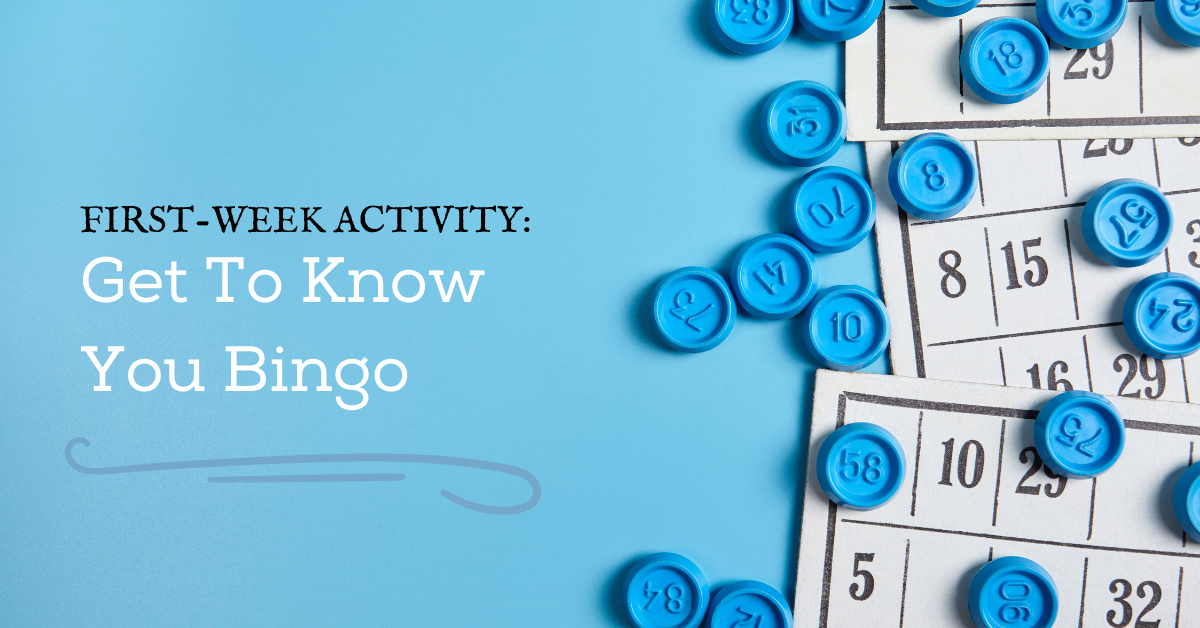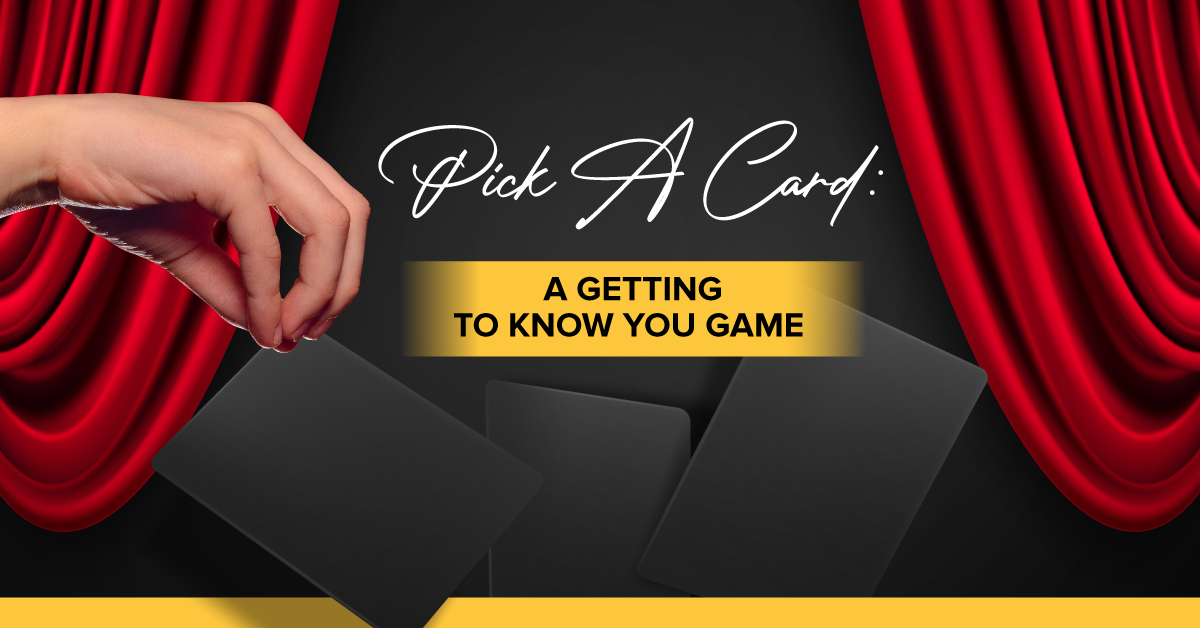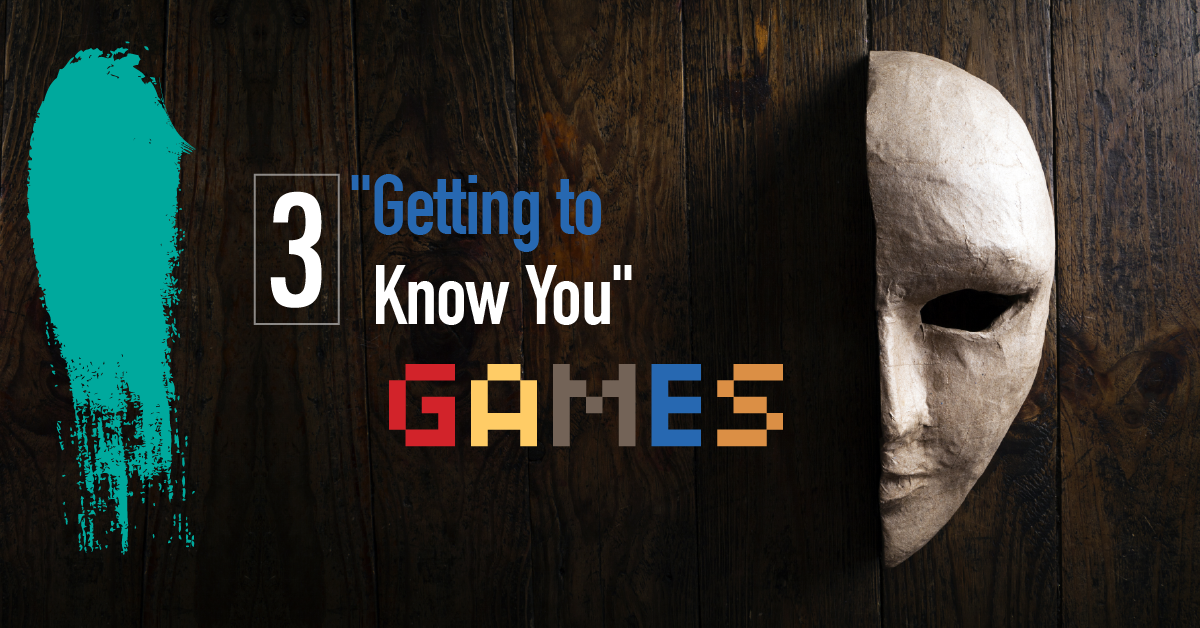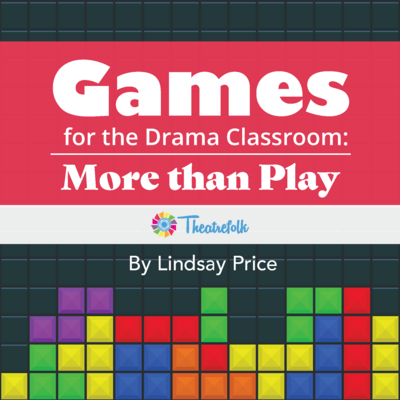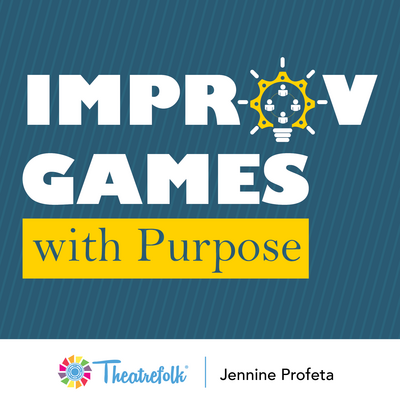First-Week Activity: Get To Know You Bingo
Get To Know You Bingo is a fun icebreaker game. It gets students up out of their seats, moving around and talking to each other. It’s also a good way for you to get to know more about your students, and to potentially gauge their prior drama knowledge. To prepare the game, you’ll need a computer and a printer or photocopier. To play the game, students will each need a printout of the Bingo card and a writing utensil.
Preparation:
Start by creating a Bingo grid card with various questions that your drama students might know the answers to, or traits that students in your drama class might possess. Since students will be talking to each other to get their squares filled, you don’t have to do different layouts for every student, but you can if you wish. (The website My Free Bingo Cards is a great resource to print free randomized Bingo cards if you don’t want to make them manually.) Traditional Bingo cards in North America are 5 by 5 squares (25 squares total), but you can also make a smaller card of squares or rectangles if you wish (in the United Kingdom, Bingo cards are sometimes made on a 5 by 3 or 9 by 3 rectangular grid).
To fill your squares, you can include ideas that are specific to drama or to your class (a production class, musical theatre class, playwriting class, etc.), or go with straightforward personality or appearance traits, or even a mix of both. For example, you might have “Someone who can name a play written by William Shakespeare” or “Someone who has blonde hair.” At the bottom of this article, you can download a whole list of square ideas.
You can also duplicate ideas or have students come up with card ideas themselves. You might also want to make a “free” space; traditionally the centre square of the 5 by 5 grid is a free space, but you can put it in any place you wish. Make sure when you’re putting the prompts into the squares that you leave enough room for student signatures. Print enough copies so each student has a sheet.
Rules:
The game will be played in three rounds. In the first round, students are looking for one line — horizontal, vertical, or diagonal. In the second round, students are looking for two lines (they can intersect). In the third round, students are aiming to fill a full card. When a student gets the required amount of squares filled with signatures, they yell “Bingo!”
Students must ask the person the question on their sheet before they get their signature; they can’t just thrust the paper at them and say, “Sign something.”
Students also must write down the person’s answer as applicable. For example, if the person signs the “Someone who has taken dance lessons” square, what kind of dance lessons have they taken? Or where did they take the lessons?
It’s more fun to have lots of different signatures on your Bingo card, but if you want to reduce touch points, you can have students write people’s names and answers on their own cards. Just make sure they spell their peers’ names correctly!
Students need to be observant and choose their people and squares carefully! Once a square is filled, they can’t erase someone’s signature and get them to sign a different square. Some squares might be easier or more difficult to fill.
Signing rules are as follows (feel free to adapt to your class size):
- First and second round — one square per person per card.
- Third round — students may sign two squares per person per card but no more than two.
- Students may sign one square on their own card.
- The teacher may sign one square on a student’s card.
When a Bingo is called, have the rest of the class sit down and have the winning student share their answers. If you wish, have a person who signed one of the squares answer a followup question. For example, if a student signs the “Someone who has an older sibling” square, you can ask them what their sibling’s name is, or how many older siblings they have. Some squares, like “Someone who has blue eyes,” won’t have much of a personal followup, but you could also ask a general question to the class, like “Who else has blue eyes and could have signed that square?”
While we know many students like competing and will likely vie to be the first to call “Bingo,” the point of the exercise is less to WIN and more for students to get to know their classmates better.
Distance Learning Adaptations:
If you are teaching virtually, you can adapt this game in a few ways. You can use it as a full-class discussion starting point. For example: “Raise your hand if you’ve seen a live theatre show.” From there, you can have students share what shows they’ve seen. Continue with as many squares as you like or have time for.
You can also do a small group competition. Divide students into small groups and send them into breakout rooms. Assign one student in each room to be the note-taker. Have each group see how many squares they can fill in a specified amount of time, or see which group can get a full card the quickest. You could also assign bonus points if more than one student in the group can fulfill the square’s requirement. For example, if three students can name three different Shakespearean plays, they get three points for that square.
Related Articles
Games for the Drama Classroom: More Than Play
by Lindsay Price
A collection of games and activities that go well beyond the notion of "play."
Improv Games with Purpose
by Jennine Profeta
Improv games including feedback suggestions and questions, game variations, teaching tips, side coaching tips, entry prompts, exit slip questions, and more!
